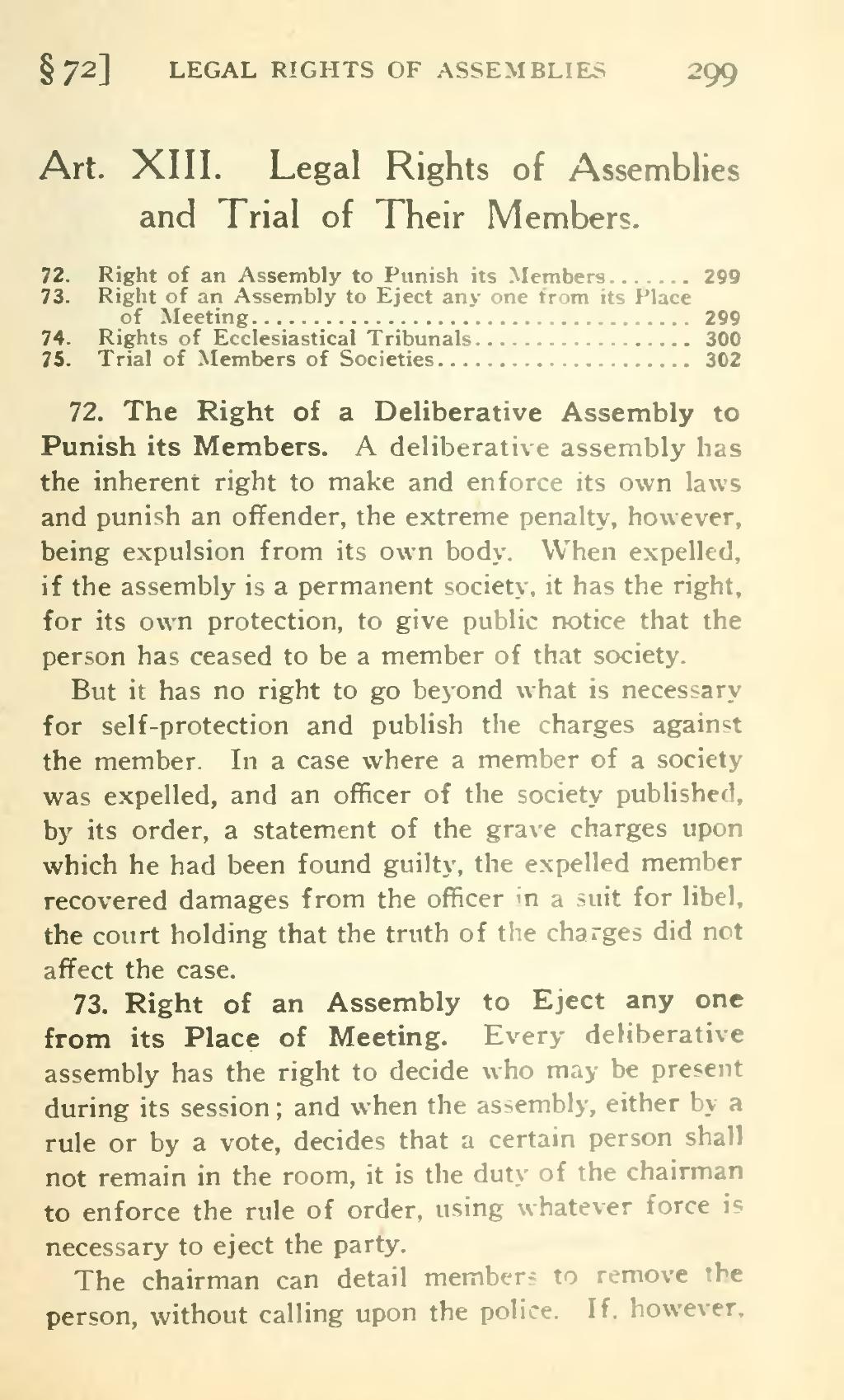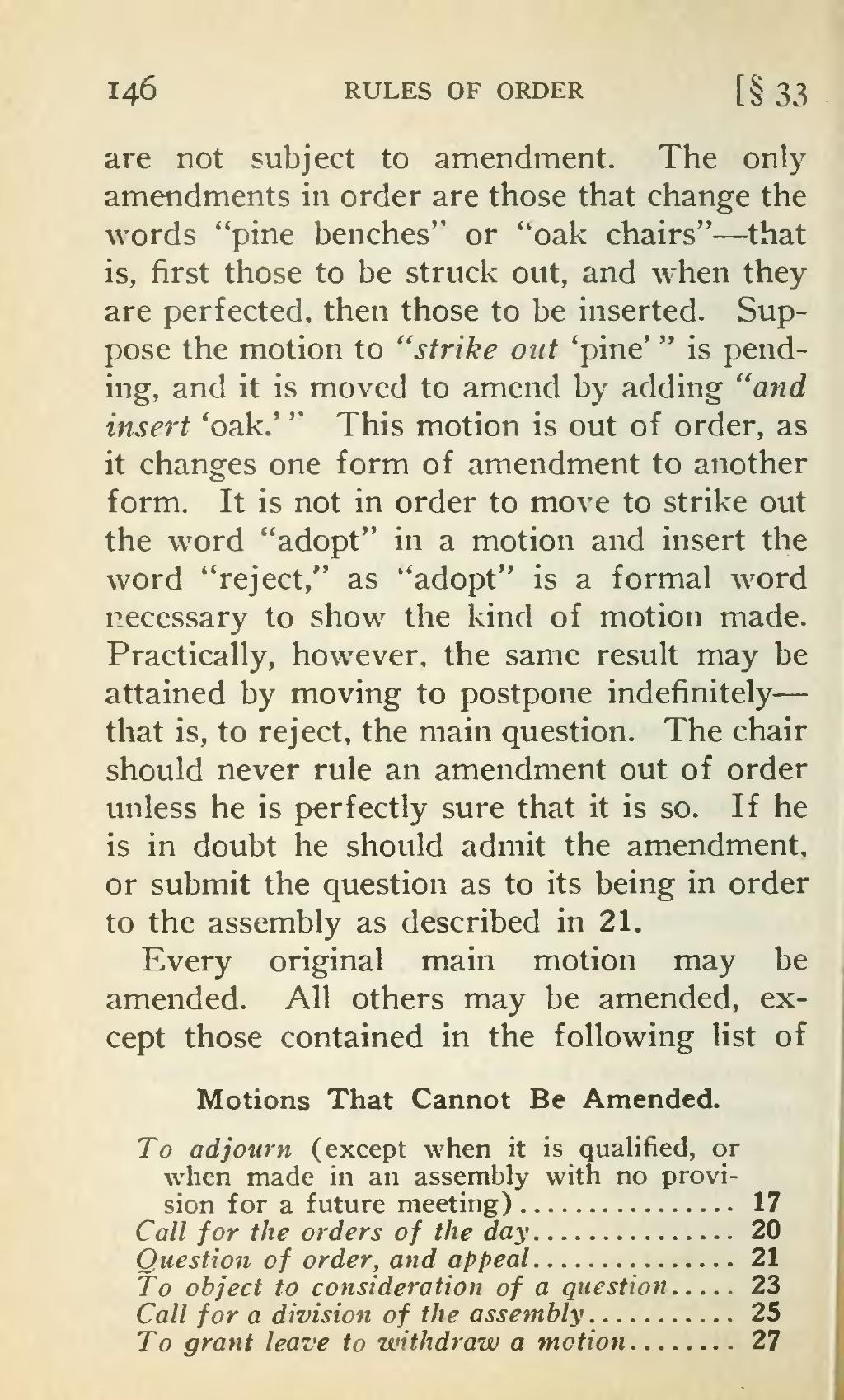
Jul 23, 2013 | Culture, Dates: Jul-Dec, Ethiopia, History, Important Dates, Uncategorized
 overthrow by the Marxist dictator Mengistu Haile Mariam in 1974. The longtime ruler traced his line back to Menelik I, who was credited with being the child of King Solomon and the Queen of Sheba.
Emperor Haile Selassie I was born on July 23, 1892, as Lij Taffari Makonnen at Enjersa Goro, just outside the city of Harrar Ethiopia. His parents were Ras Makonnen Wolde Michael, the governor of Harrar, and his wife, Woizero Yeshimebet Ali AbaJiffar. At the age of thirteen, Lij Taffari Makonnen was appointed a Dejazmatch by his father (“Commander or General of the Gate”) a military title meaning commander of the central body of a traditional Ethiopian armed force. Ras Makonnen also summoned all his officers and informed them that it was his wish that his son Dejazmatch Taffari succeed him as governor of Harrar although ultimate decisions as to the succession of the Harrar governorate belonged to his cousin Emperor Menelik II.
Click Here to Continue Reading……………………………………………..]]>
overthrow by the Marxist dictator Mengistu Haile Mariam in 1974. The longtime ruler traced his line back to Menelik I, who was credited with being the child of King Solomon and the Queen of Sheba.
Emperor Haile Selassie I was born on July 23, 1892, as Lij Taffari Makonnen at Enjersa Goro, just outside the city of Harrar Ethiopia. His parents were Ras Makonnen Wolde Michael, the governor of Harrar, and his wife, Woizero Yeshimebet Ali AbaJiffar. At the age of thirteen, Lij Taffari Makonnen was appointed a Dejazmatch by his father (“Commander or General of the Gate”) a military title meaning commander of the central body of a traditional Ethiopian armed force. Ras Makonnen also summoned all his officers and informed them that it was his wish that his son Dejazmatch Taffari succeed him as governor of Harrar although ultimate decisions as to the succession of the Harrar governorate belonged to his cousin Emperor Menelik II.
Click Here to Continue Reading……………………………………………..]]>

May 21, 2009 | Dates: Jul-Dec, Important Dates
 September 27th
Meskal has been celebrated in the country for over 1600 years. The word actually means “cross” and the feast commemorates the discovery of the cross upon which Jesus was crucified, by the Empress Helena, the mother of Constantine the Great. The original event took place on 19 March 326 AD. but the feast is now celebrated on 27 September.
Many of the rites observed throughout the festival are said to be directly connected to the legend of Empress Helena. On the eve of Meskal, tall branches are tied together and yellow daisies, popularly called Meskal.
Flowers, are placed at the top. During the night those branches are gathered together in front of the compound gates and ignited. This symbolizes the actions of the Empress who, when no one would show the Holy Sepulcher, lit incense and prayed for help.]]>
September 27th
Meskal has been celebrated in the country for over 1600 years. The word actually means “cross” and the feast commemorates the discovery of the cross upon which Jesus was crucified, by the Empress Helena, the mother of Constantine the Great. The original event took place on 19 March 326 AD. but the feast is now celebrated on 27 September.
Many of the rites observed throughout the festival are said to be directly connected to the legend of Empress Helena. On the eve of Meskal, tall branches are tied together and yellow daisies, popularly called Meskal.
Flowers, are placed at the top. During the night those branches are gathered together in front of the compound gates and ignited. This symbolizes the actions of the Empress who, when no one would show the Holy Sepulcher, lit incense and prayed for help.]]>

May 21, 2009 | Dates: Jul-Dec, Important Dates
 September 11th
Ethiopia still retains the Julian calendar, in which the year is divided into 12 months of 30 days each and a 13th month of 5 days and 6 days in leap year.
The Ethiopian calendar is 8 years behind the Gregorian calendar from January to September and 7 years behind between September 11 and January 8.
Enkutatash means the “gift of jewels”. The spring festival has been celebrated since early times and as the rains come to their abrupt end, dancing and singing can be heard at every village in the green countryside.
Enkutatash is not exclusively a religious holiday. Today’s Enkutatash is also the season for exchanging formal new year greetings and cards among the urban sophisticated – in lieu or the traditional bouquet of flowers.
Melkam Adis Amet!]]>
September 11th
Ethiopia still retains the Julian calendar, in which the year is divided into 12 months of 30 days each and a 13th month of 5 days and 6 days in leap year.
The Ethiopian calendar is 8 years behind the Gregorian calendar from January to September and 7 years behind between September 11 and January 8.
Enkutatash means the “gift of jewels”. The spring festival has been celebrated since early times and as the rains come to their abrupt end, dancing and singing can be heard at every village in the green countryside.
Enkutatash is not exclusively a religious holiday. Today’s Enkutatash is also the season for exchanging formal new year greetings and cards among the urban sophisticated – in lieu or the traditional bouquet of flowers.
Melkam Adis Amet!]]>

 overthrow by the Marxist dictator Mengistu Haile Mariam in 1974. The longtime ruler traced his line back to Menelik I, who was credited with being the child of King Solomon and the Queen of Sheba.
Emperor Haile Selassie I was born on July 23, 1892, as Lij Taffari Makonnen at Enjersa Goro, just outside the city of Harrar Ethiopia. His parents were Ras Makonnen Wolde Michael, the governor of Harrar, and his wife, Woizero Yeshimebet Ali AbaJiffar. At the age of thirteen, Lij Taffari Makonnen was appointed a Dejazmatch by his father (“Commander or General of the Gate”) a military title meaning commander of the central body of a traditional Ethiopian armed force. Ras Makonnen also summoned all his officers and informed them that it was his wish that his son Dejazmatch Taffari succeed him as governor of Harrar although ultimate decisions as to the succession of the Harrar governorate belonged to his cousin Emperor Menelik II.
Click Here to Continue Reading……………………………………………..]]>
overthrow by the Marxist dictator Mengistu Haile Mariam in 1974. The longtime ruler traced his line back to Menelik I, who was credited with being the child of King Solomon and the Queen of Sheba.
Emperor Haile Selassie I was born on July 23, 1892, as Lij Taffari Makonnen at Enjersa Goro, just outside the city of Harrar Ethiopia. His parents were Ras Makonnen Wolde Michael, the governor of Harrar, and his wife, Woizero Yeshimebet Ali AbaJiffar. At the age of thirteen, Lij Taffari Makonnen was appointed a Dejazmatch by his father (“Commander or General of the Gate”) a military title meaning commander of the central body of a traditional Ethiopian armed force. Ras Makonnen also summoned all his officers and informed them that it was his wish that his son Dejazmatch Taffari succeed him as governor of Harrar although ultimate decisions as to the succession of the Harrar governorate belonged to his cousin Emperor Menelik II.
Click Here to Continue Reading……………………………………………..]]> 








